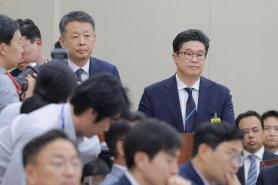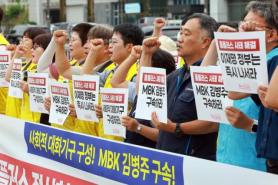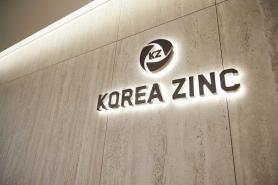
SEOUL, October 01 (AJP) - Facing mounting scrutiny from lawmakers and civic groups, MBK Partners is considering selling its stake in Korea Zinc, a move that could alter control of one of the world’s leading producers of nonferrous metals.
A person briefed on the matter said on condition of anonymity that MBK is “reviewing its control over Korea Zinc, with an exit strategy as one option.” The stake could be transferred to Young Poong, the company’s largest shareholder, or potentially to another buyer.
The review comes as MBK grapples with crises elsewhere in its portfolio. The private equity firm has faced backlash over a restructuring at Homeplus, one of South Korea’s largest retailers, and a data breach at Lotte Card. In response, it has issued a rare public apology and pledged $500 million to shore up shareholder confidence.
Kim Byung-ju, MBK’s chairman and one of Asia’s most prominent private equity investors, has also been summoned by the National Assembly’s Political Affairs Committee to testify about the Homeplus case. His appearance is expected to intensify political pressure at a moment when lawmakers are seeking tighter oversight of private equity ownership in domestic companies.
Industry insiders say MBK is eager to avoid a protracted dispute at Korea Zinc, which could draw further political and public scrutiny. But an exit may prove difficult: the firm is bound by a management cooperation agreement with Young Poong that carries penalty clauses for early withdrawal.
Young Poong has signaled its intent to assert greater influence. “Korea Zinc does not belong to its management agent, Choi Yoon-beom,” the company said in a statement. “As the largest shareholder, we will ensure fair management.”
Analysts note that MBK’s decision will serve as a test case for the balance of power between global private equity and domestic corporate governance in South Korea, where political headwinds are increasingly shaping boardroom outcomes.
* This article, published by Aju Business Daily, was translated by AI and edited by AJP.
Copyright ⓒ Aju Press All rights reserved.




